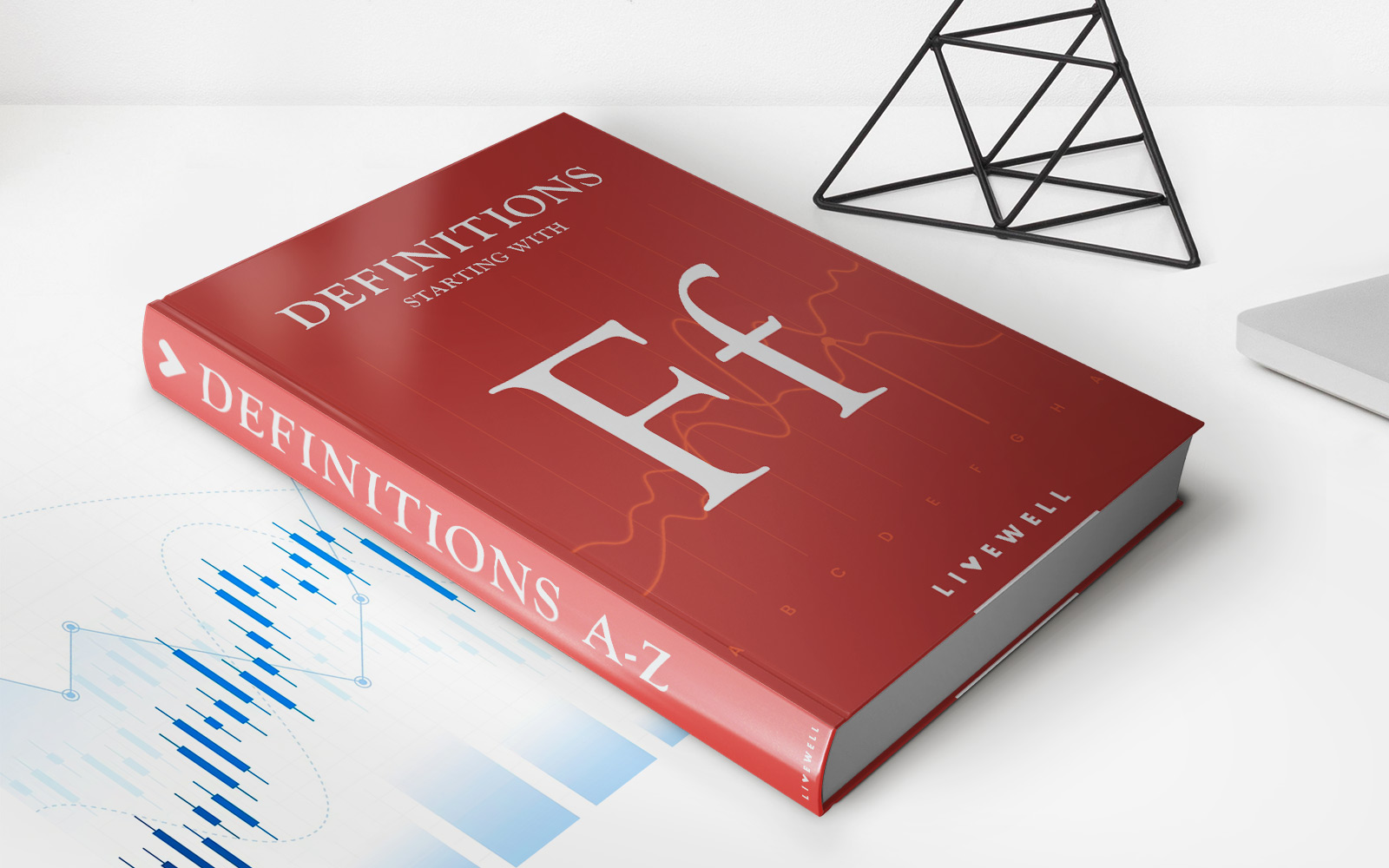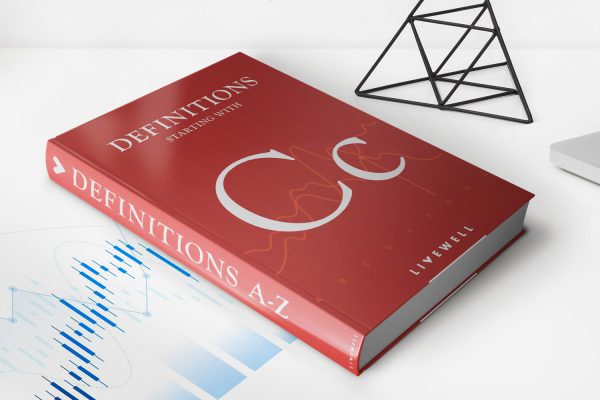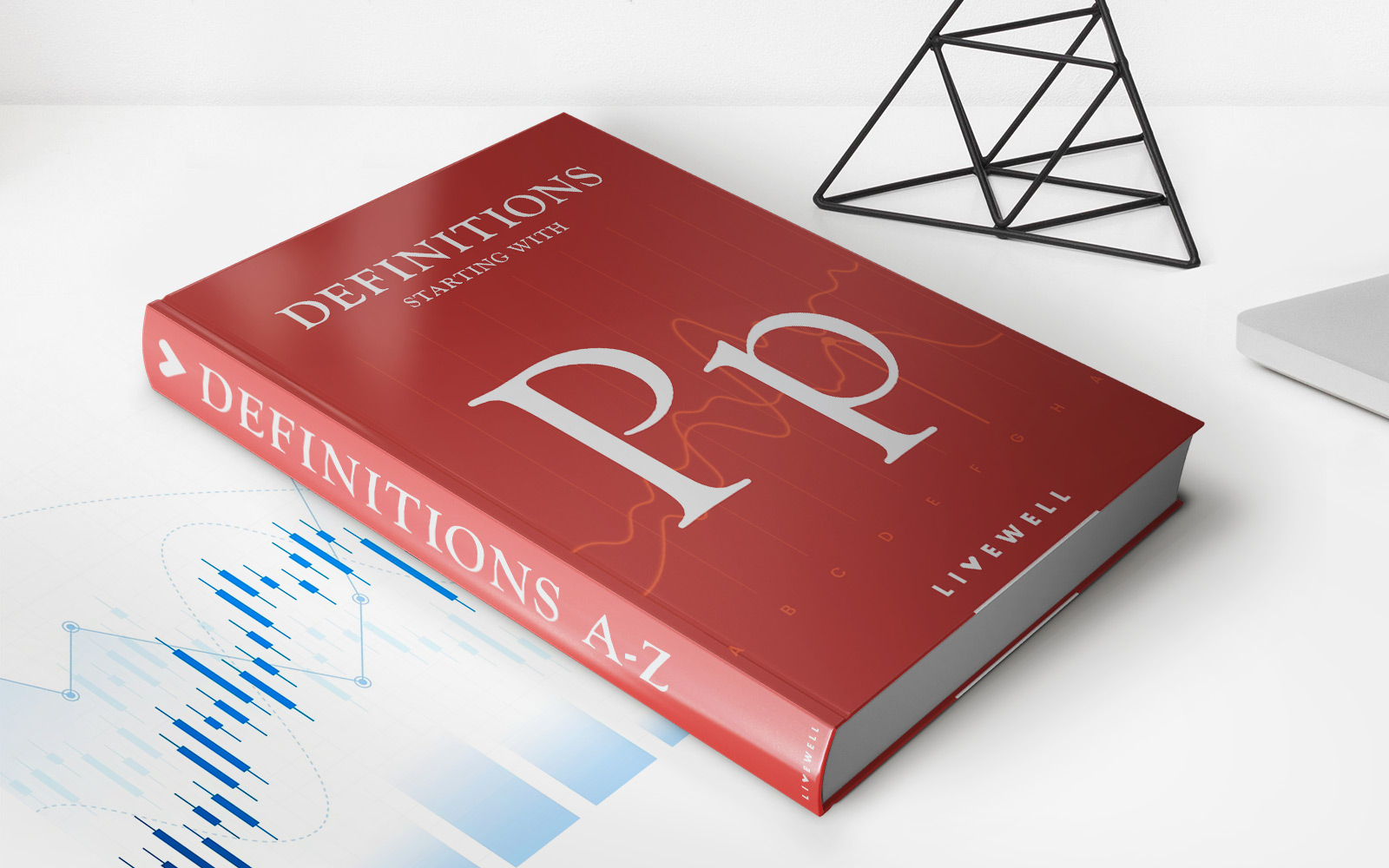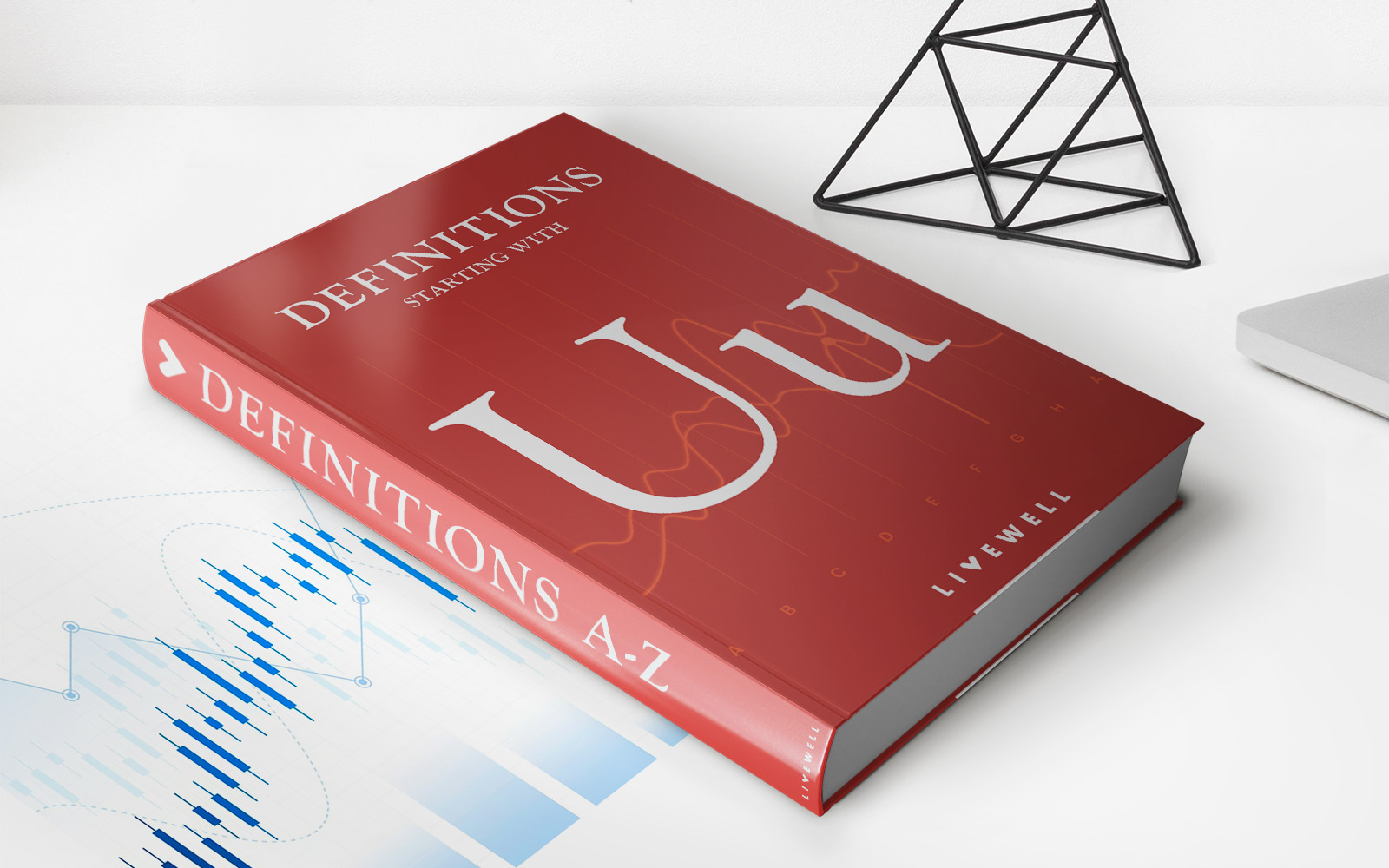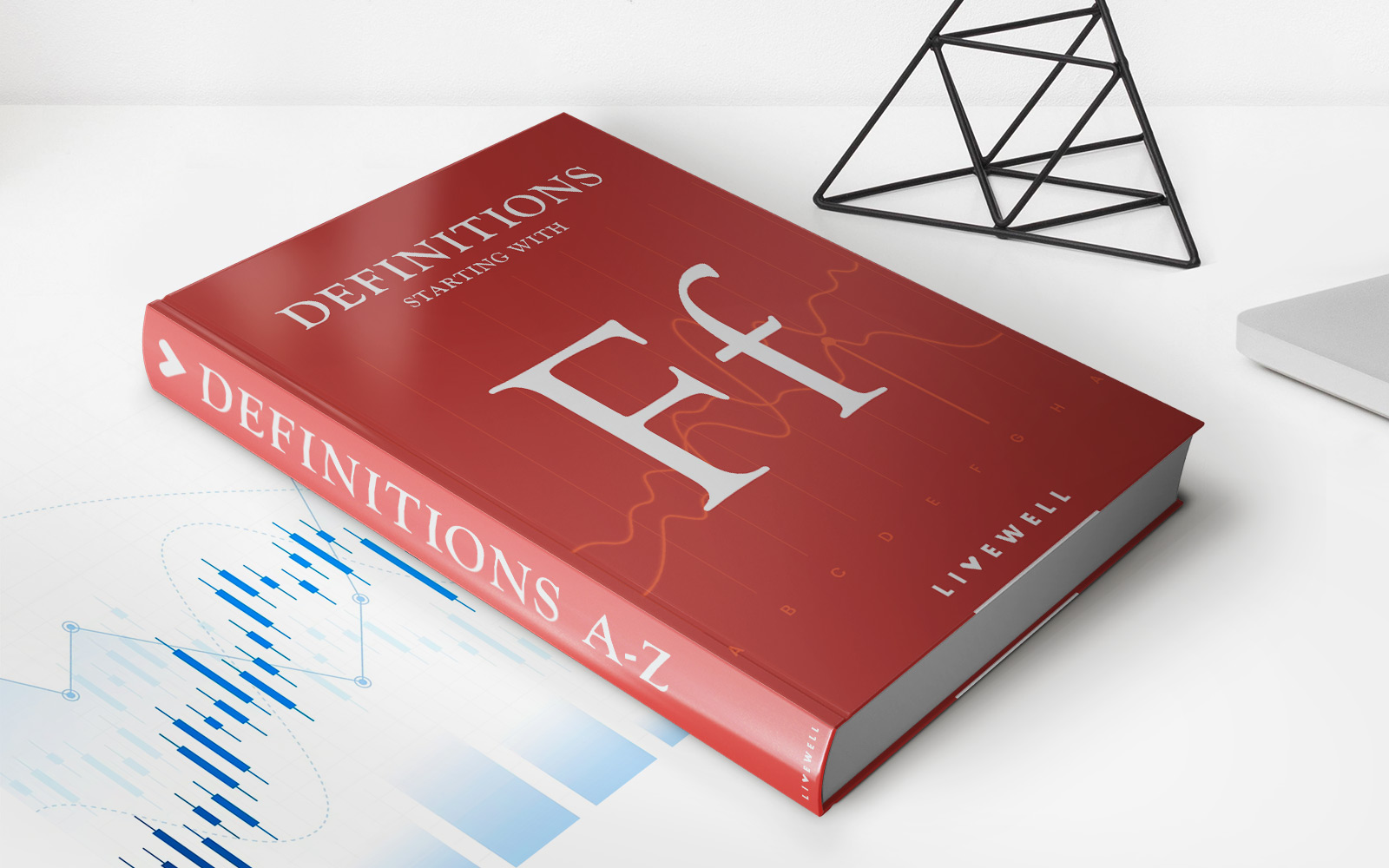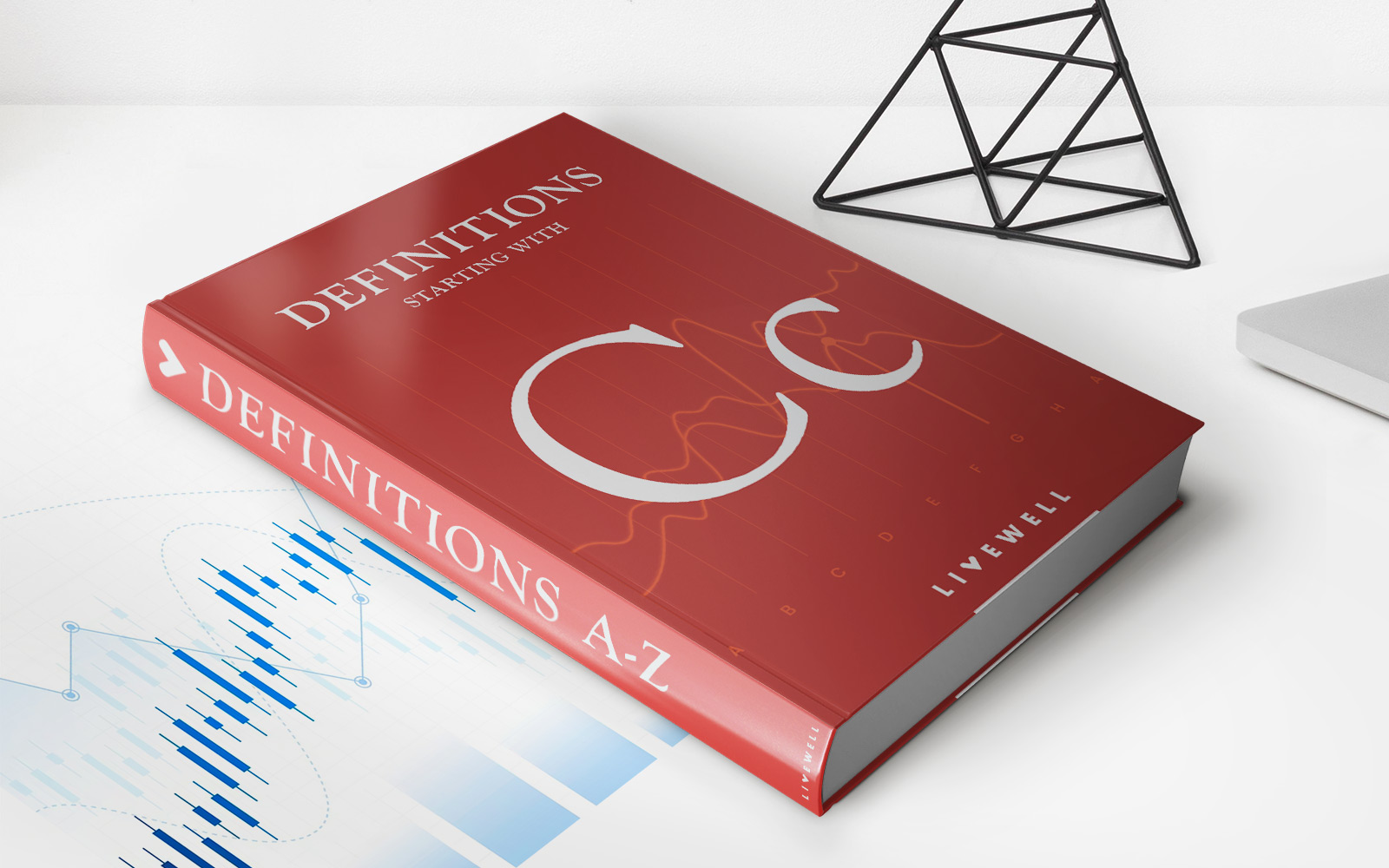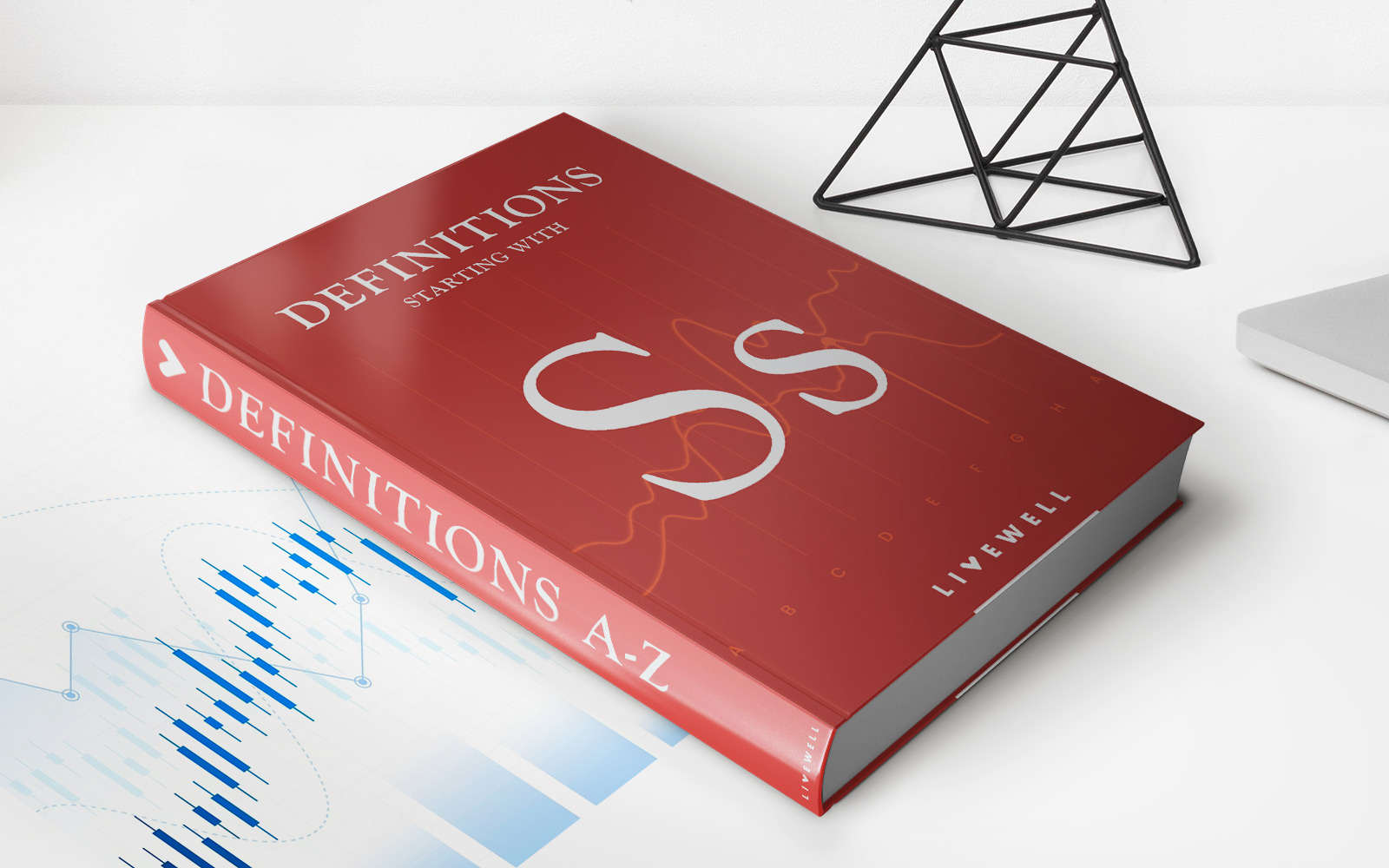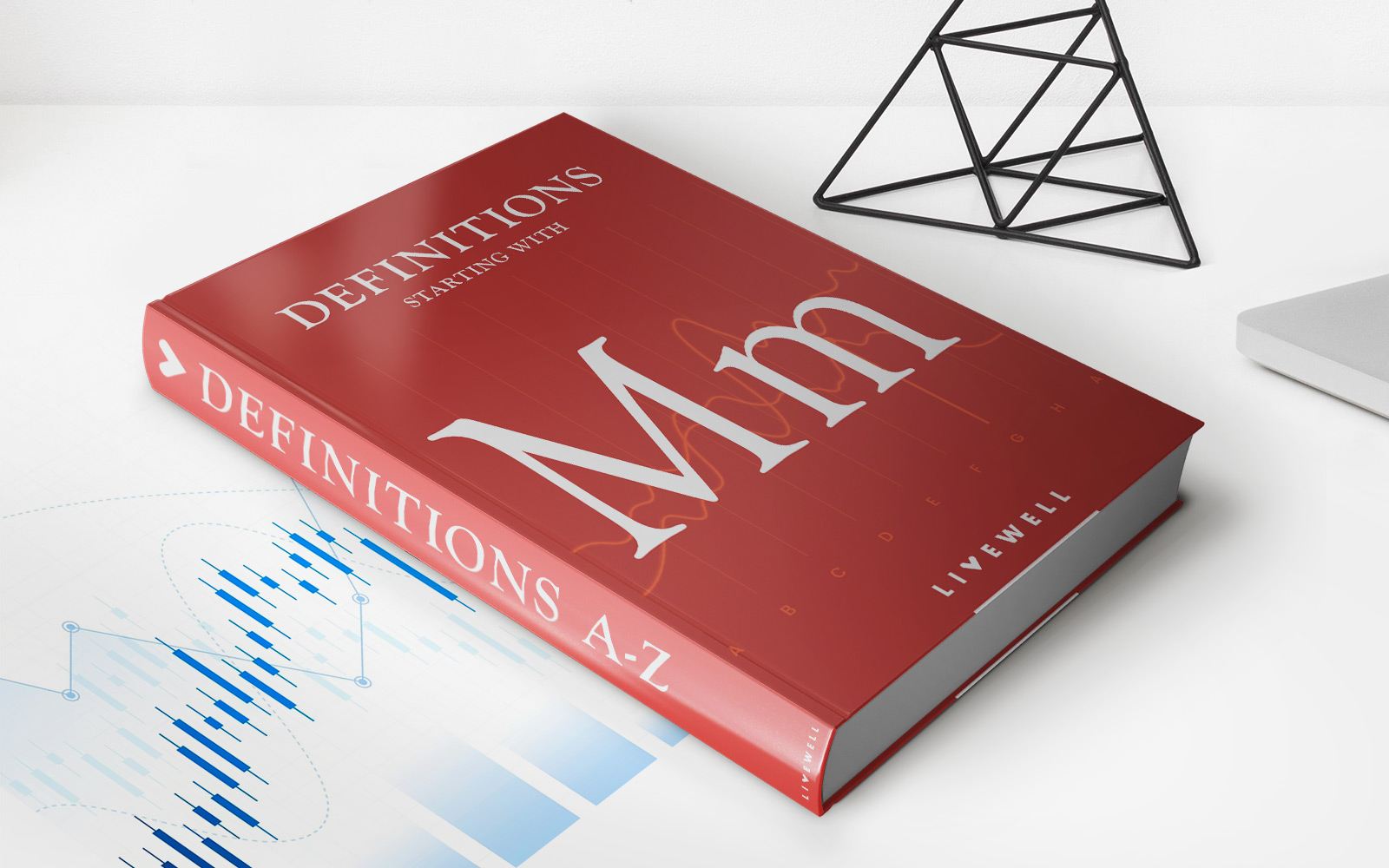

Finance
Managed Futures Account Definition
Modified: February 14, 2024
Learn about the definition and importance of managed futures accounts in the realm of finance. Explore how they can enhance investment strategies and diversify portfolios.
(Many of the links in this article redirect to a specific reviewed product. Your purchase of these products through affiliate links helps to generate commission for LiveWell, at no extra cost. Learn more)
Understanding Managed Futures Account Definition: A Comprehensive Guide
When it comes to navigating the world of finance, it’s essential to have a clear understanding of different investment options available to you. One such option is a managed futures account. But what exactly does this term mean, and how can it benefit your investment strategy? In this blog post, we’ll dive deep into the managed futures account definition, exploring its features and advantages.
Key Takeaways:
- Managed futures accounts involve professional managers trading futures contracts on behalf of investors.
- These accounts offer diversification, liquidity, and potential higher returns.
What is a Managed Futures Account?
A managed futures account is an alternative investment strategy that involves professional money managers trading futures contracts on behalf of individual or institutional investors. These accounts are designed to capitalize on trends and movements in various financial markets, such as commodities, currencies, interest rates, or stock indices.
Managed futures accounts are distinct from traditional investment vehicles like stocks or bonds. Instead of buying and holding assets, managed futures accounts focus on active trading, leveraging both long and short positions in the futures markets. This strategy allows investors to potentially profit from both rising and falling prices, leading to potential profits regardless of the market conditions.
Advantages of Managed Futures Accounts
Now that we understand what managed futures accounts are, let’s explore the advantages they offer to investors:
- Diversification: Managed futures accounts provide investors with exposure to a wide range of asset classes, including commodities, currencies, and interest rates. This diversification helps spread risk, potentially reducing the impact of negative performance in a specific market.
- Liquidity: Unlike traditional investments, such as real estate or private equity, managed futures accounts offer high liquidity. Investors can typically access their funds quickly, allowing for flexibility in managing their portfolios.
- Potential Higher Returns: Managed futures accounts have the potential to generate higher returns compared to traditional investments. The ability to leverage positions and participate in both upward and downward market movements amplifies the potential for profit.
- Professional Management: Managed futures accounts are overseen by experienced money managers who use sophisticated strategies and tools to navigate the futures markets. This expertise can be valuable for investors who may not have the time or knowledge to actively trade on their own.
- Risk Management: Managed futures accounts often employ risk management techniques, including stop-loss orders and position sizing, to help mitigate potential losses. These risk management strategies aim to protect capital and maintain long-term sustainability.
Whether you’re a seasoned investor or new to the world of finance, understanding the managed futures account definition is crucial. Considering the benefits, such as diversification, liquidity, and potential higher returns, exploring managed futures accounts alongside traditional investment options can help optimize your portfolio and potentially enhance your overall investment strategy.
